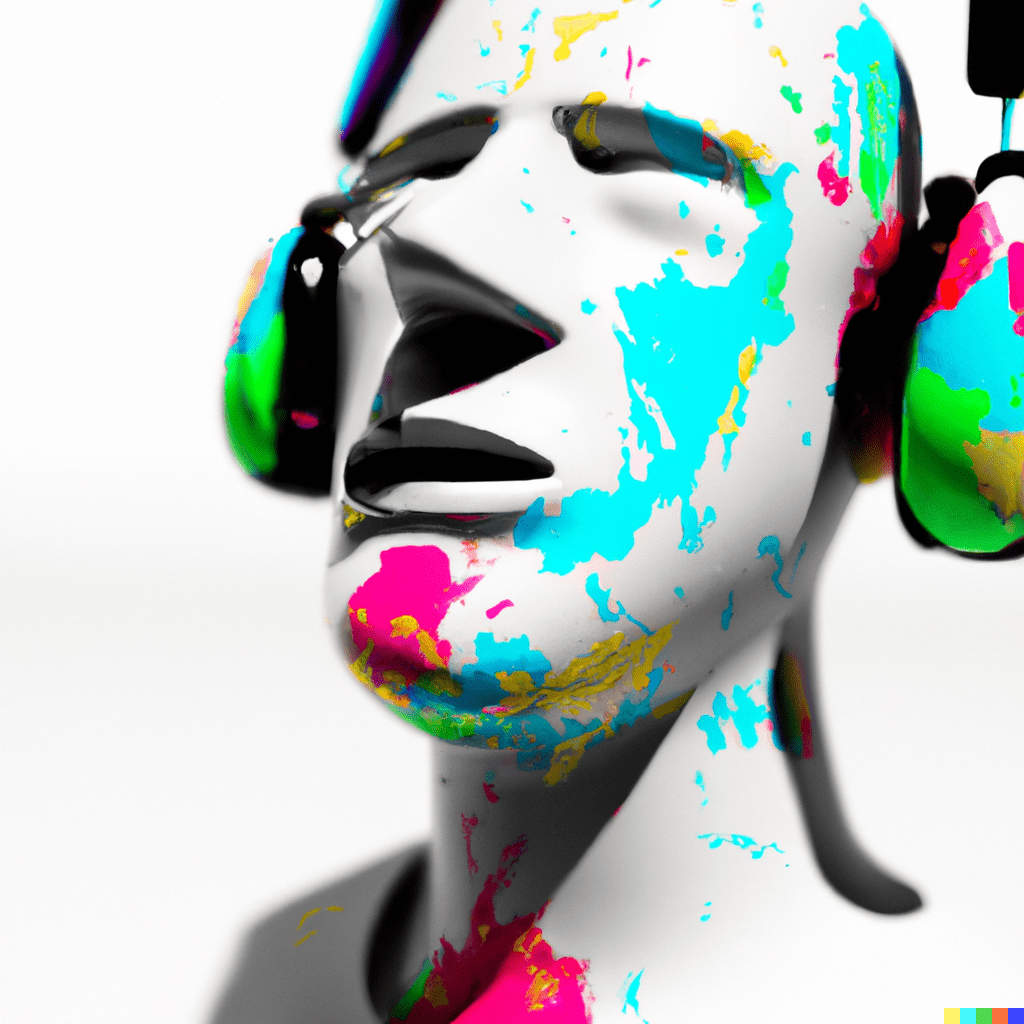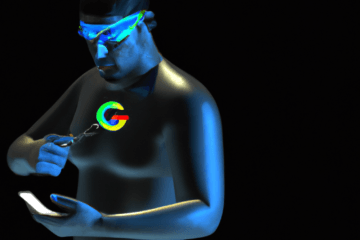The music industry has seen significant changes over the past few years, from the rise of streaming services to the adoption of blockchain technology. Non-Fungible Tokens (NFTs) have emerged as the latest addition to the industry, with musicians and record labels exploring their potential for revenue generation and fan engagement. In this blog post, we will provide a comprehensive guide to NFTs in the music industry, covering everything from what they are to how they are being used.

What are NFTs?
NFTs are digital assets that represent ownership of a unique item or piece of content, such as a piece of art or a video. Unlike other digital assets like Bitcoin, which are fungible, NFTs are non-fungible, meaning they cannot be exchanged for something of equal value. Each NFT is unique and can only be owned by one person at a time. NFTs are stored on a blockchain, which is a decentralized, secure digital ledger that records all transactions.
How are NFTs being used in the music industry?
In the music industry, NFTs are being used in a variety of ways. Here are some examples:
- Collectibles: Musicians are creating NFTs of limited edition merchandise, such as signed albums, concert tickets, and merchandise. Fans can purchase these NFTs and own a piece of unique memorabilia.
- Royalties: Musicians can sell NFTs that represent a portion of their royalties. Investors can purchase these NFTs and earn a portion of the royalties generated by the musician’s music.
- Fan engagement: Musicians can use NFTs to engage with their fans. For example, they can create NFTs that offer access to exclusive content, meet-and-greets, and backstage passes.
- Artistic expression: Musicians can use NFTs to express themselves artistically. For example, they can create NFTs of album covers or music videos that have been remixed or reimagined.
Benefits of NFTs in the music industry
There are several benefits of NFTs in the music industry, including:
- Revenue generation: Musicians can sell NFTs as a new revenue stream. They can also earn royalties from the sale of NFTs that represent a portion of their royalties.
- Fan engagement: NFTs can be used to engage with fans in new and innovative ways. Fans can own a piece of unique memorabilia or gain access to exclusive content.
- Protection of intellectual property: NFTs can be used to protect the intellectual property of musicians. Since NFTs are stored on a blockchain, they are secure and cannot be easily replicated or stolen.
- Creation of new markets: NFTs can create new markets for music. For example, musicians can sell NFTs of rare recordings or concert footage that would otherwise be unavailable.
Challenges of NFTs in the music industry
While there are several benefits of NFTs in the music industry, there are also some challenges, including:
- Accessibility: NFTs can be difficult for some fans to access, as they require knowledge of cryptocurrency and blockchain technology.
- Environmental concerns: NFTs have been criticized for their environmental impact, as the process of creating and selling NFTs requires a significant amount of energy.
- Market volatility: The market for NFTs can be volatile, with prices fluctuating rapidly. This can make it difficult for musicians to predict how much revenue they will generate from the sale of NFTs.
- Lack of regulation: The market for NFTs is currently unregulated, which means that there is a lack of legal framework to protect both artists and buyers. This can lead to potential scams, fraudulent activity, and disputes over ownership.
Future of NFTs in the music industry
NFTs have the potential to transform the music industry by creating new revenue streams, engaging fans, and protecting artists’ intellectual property. As the market for NFTs continues to evolve, we can expect to see more musicians and record labels adopt this technology.
However, there are still many challenges to overcome, such as accessibility, environmental concerns, and lack of regulation. It will be essential for the music industry to address these challenges to ensure that NFTs can be used in a sustainable and equitable way.
Conclusion:
In conclusion, NFTs are a new and exciting technology that has the potential to transform the music industry. They offer a new way for musicians to generate revenue, engage with fans, and protect their intellectual property. However, there are still many challenges to overcome, and the industry will need to work together to address them. As we continue to see the adoption of NFTs in the music industry, it will be interesting to see how they shape the future of music.

